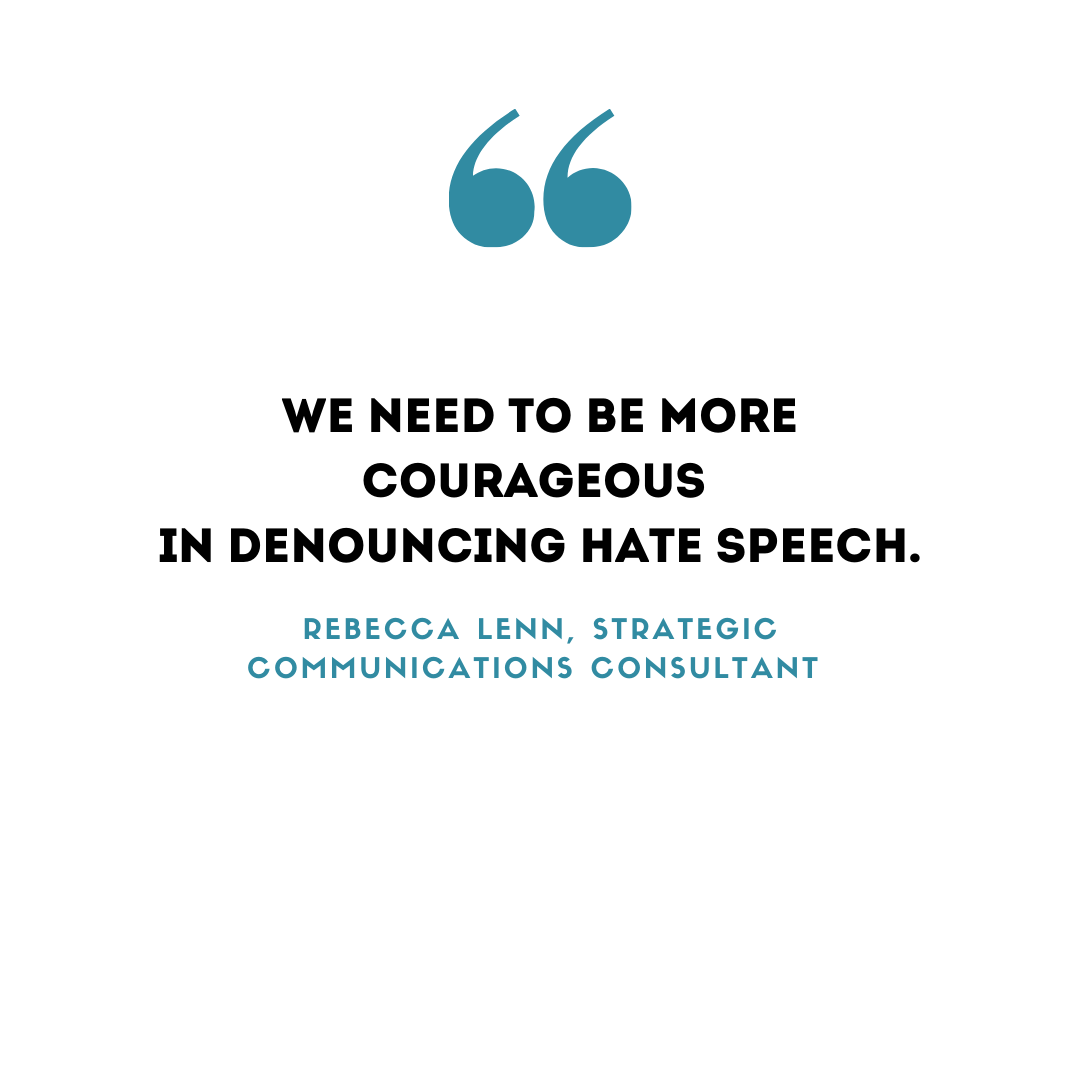
From November 18 to November 22, 2019, the State Department’s Strategic Religious Engagement Unit and the U.S. Consulate in Milan, in cooperation with the U.S. Helsinki Commission, launched a new transatlantic democracy program for youth, “On the Road to Inclusion.” The program empowers young people to collaborate across diverse social, cultural, religious, and generational differences to promote positive change through democratic practices.
The first iteration of the program took place in the northern Italian cities of Milan, Turin and Vicenza: cities with populations that have been at the heart of increased demographic change, economic decline resulting in high levels of youth unemployment, and political tensions that have increased societal divisions, including a rise in anti-Semitism, anti-Muslim sentiments, xenophobia and racism.

The program brought together more than 250 youth leaders and 50-plus organizations to tackle societal challenges at the local and national levels, engage and build coalitions with their peers across differences, and contribute to their communities effectively through advocacy and education. Participants included representatives of diverse populations – voices traditionally lost within the democratic process – as well as organizations working on migrant and refugee integration, social inclusion, youth engagement, and leadership. During the program, American experts Christin “Cici” Battle, Executive Director of Young People For, and Rebecca Lenn, a strategic communications consultant, led workshops to promote civic engagement and leadership with a focus on building community, strengthening interreligious and intercultural cooperation for action, advancing integration, and boosting traditional and digital media literacy.

Battle helped participants develop concrete skills and advocacy tools in coalition building. These means of engagement included joining forces with groups who have different approaches in order to make a movement more powerful.
Lenn led participants in discussions on how to recognize and counter hate speech, disinformation, and cyber bullying. In an interview with Giornale di Vicenza about the program, she outlined challenges young people face with social media, and underscored the importance of media in facilitating social change.

Extensions of the program will include opportunities for alumni of the program to engage with U.S. youth and organizations to exchange civic engagement practices, and the Helsinki Commission will continue to work closely with the Department to expand “On the Road to Inclusion” in other Western European cities in the coming year.
The Helsinki Commission has long worked with the State Department to support strategic investment in young and diverse leaders to enhance democratic development and safe, inclusive, and equitable societies across the OSCE region though programs like the Transatlantic Inclusion Leaders Network. A December 2019 commission hearing focused on the role public diplomacy leadership programs for emerging and established leaders can play in sustaining western democracies and the transatlantic partnership for the future.








